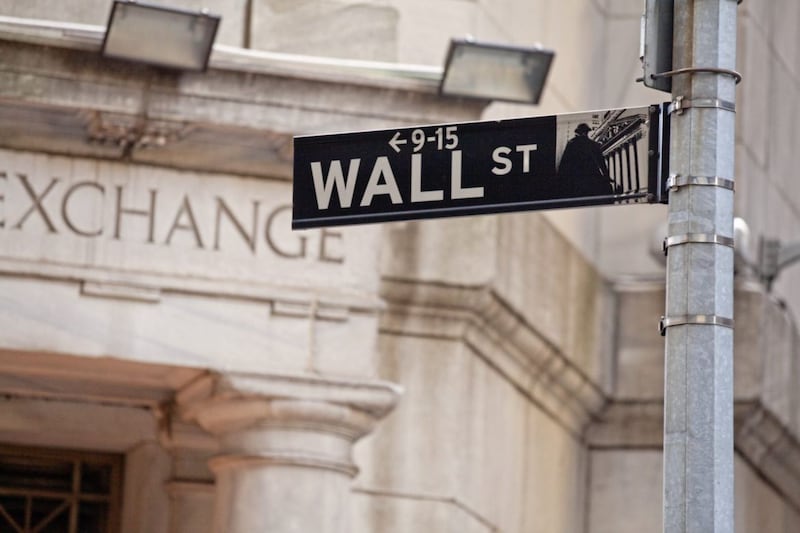AS Charles Dickens once pointed out, it is possible for a moment in history to be both the best of times and the worst of times.
On many levels, the last 18 months have typified the worst of times. However, there have also been some remarkable instances of human invention, kindness, community and advancement, which have reinforced a belief that, even in the most challenging circumstances, there can be cause for optimism.
The road to the end of 2021 looks complex, with a mixed picture from the US, which is still feeling the effects of the Delta variant, while the UK and mainland Europe, now further into the impact of Delta, are demonstrating impressive economic resilience.
Commentators noting pressure in certain supply chains are hopeful that these ongoing short term challenges could be expected to ease in the next 12 months. This in turn might ease the inflationary pressure being felt around the world.
Looking to global markets, by some measures these have been on an impressive (and for some, surprising) growth journey, in spite of the economic turbulence on the ground. While we’re still proceeding with something of a residual sense of caution, it would take a particular brand of optimist to argue that we are once again “flying high”.
However, some investment commentators are beginning to caution that with markets at these optimistic levels, there could indeed be a risk that a correction may be due. Should investors be concerned?
Firstly, we should challenge the notion that a fall always follows a rise. Some refer to this as a gamblers' fallacy – the (mistaken) belief that after a series of wins, a loss is “overdue”. Referred to as a fallacy because, of course, there is no correlation between these two events – they are unrelated and just happen to be standing in the line together.
Can the same be said of global markets which are clearly influenced not only by the macro-economic picture, but also by its individual participants acting as a collective? It is a mistake to think of the economy as shifting through its stages predictably, like clockwork. Economies do not run like clockwork and neither do markets. Therefore we shouldn’t become too obsessed with the idea that bad always follows good.
Taking an optimistic view that things will continue to remain buoyant, this typically leads to one of the most frequently asked questions in investing: when is the best time to invest? For long-term investors, timing becomes increasingly immaterial the longer the investment is held.
It would, however, be a mistake to ignore short term concerns, as, clearly the pandemic has brought some unique challenges and outlooks for potential investors.
We have seen lots of examples of this ‘pull back’ over the course of the last decade. These periods can be an opportune time to add to an existing investment position or indeed to enter a new part of the market.
However, rarely, if ever, do times like these represent the ‘best time to invest’ on a standalone basis. The maxim of ‘it’s not timing the market, but time in the market’ is the key.
A sensible investment approach is to not rely on past market performance, to focus on your own clear goals, and to seek a diversified and long-term investment strategy, while simultaneously trying to navigate any short term concerns there may be.
:: Jonathan Sloan is head of wealth & investment management at Barclays in Belfast









